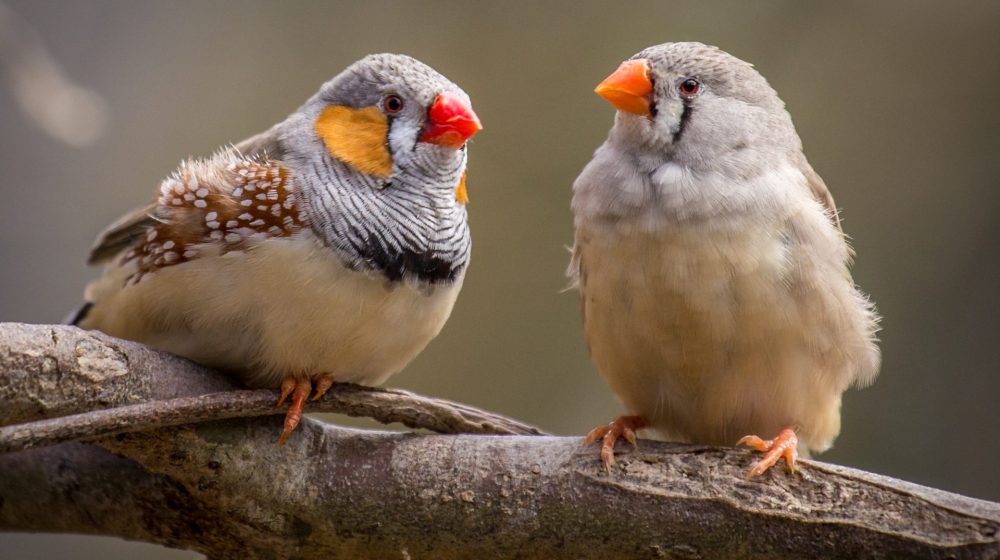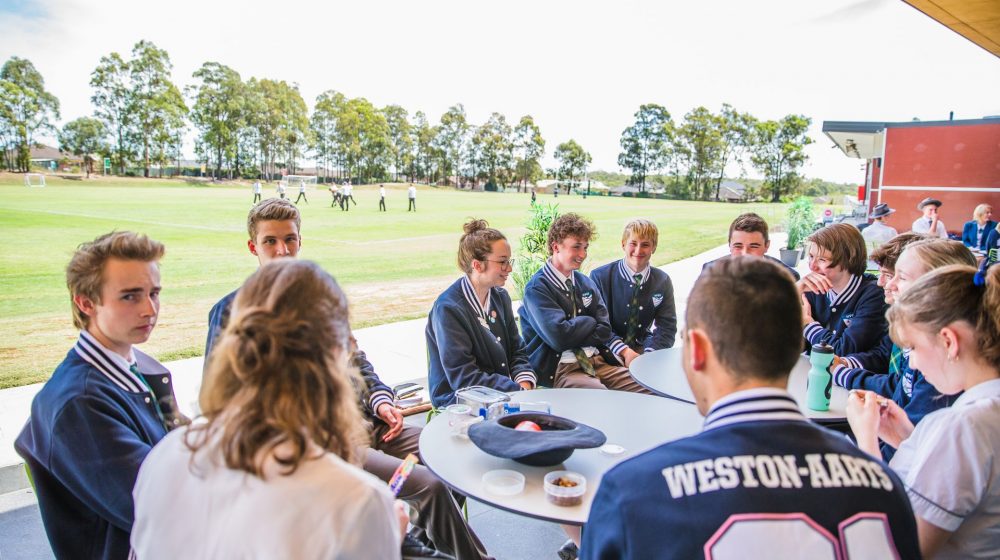Published on February 1, 2021
If there is anything that 2020 taught us, it is the need to move and adapt to alleviate stress. As a biology teacher, she draws on the science of animal adaptation and natural selection, and in particular Darwin’s Finches as a metaphor for human adaptation.

Animal adaptation is an animal’s ability to change their physical appearance, physiological functioning, or behaviour to adapt to a new environment. One of the interesting and famous cases of animal adaption in biology is the Galapagos Island Finches.
The Galapagos Islands are a group of isolated islands off the coast of South America. Finches are tiny little birds discovered by a famous scientist Charles Darwin. Known as ‘Darwin’s Finches’ these little birds are known for their diversity, the differences in their beak’s structure and function, and how they behave.
Darwin’s Finches are a classic example of how animals have adapted to their new environment. They originate from a common ancestor that arrived on the Galapagos about two million years ago, and back then, scientists believe that there was a land bridge to the mainland. As the landmass shifted, animals became stuck on these islands (look at Australia!).
Over time, the finches evolved into 15 recognised species differing in body size, beak shape, song and behaviour. Depending on where they landed and what food and shelter were available, they had to adapt to the environment because they didn’t have a choice.
Changes in their beak’s size and form have enabled the different species to utilise various food resources. Depending on which island they landed on some needed short thick beaks for food on the ground and digging, and some long sharp beaks to get into the holes in trees or rocks. Severe seasonal and annual changes in rainfall experienced on the Islands also meant the finches had to adapt and plan for unexpected changes.
Similar species of birds recognise individual birds from other species, and they form long-term partnerships and friendships that help them find food and defend their shared space as a group. By interacting and working with other species that share the same territory, instead of working against them, these already social species create larger groups, who cooperate and work together to look after each other.
So what does the survival of finches on the Galapagos Islands have to do with us?
To be successful, we also need to continually adapt to the changing environment, whether we like it or not.
The global pandemic has taught us many things. For the first time we’ve had to evaluate which jobs will stand the test of time, we’ve learned to adapt our behaviours to stop the spread of viruses and find ways to make personal changes in our environment to protect the entire group.

Like the birds, we need to be ready for that storm. It could be a real storm, a personal storm such as a relationship breakdown or a change in family circumstances; or a tragedy.
To be successful, we must continually assess and re-evaluate the situations we are in – both in the short term and long term, and when the storm comes, react appropriately. We need to be on a continuous improvement journey and make changes to our environment. We need to learn to adapt our behaviour, or we will find ourselves suffering duress.
The biological concept of ‘move, adapt or suffer’ is true for all, especially for young people who may face challenges that require the need to move and adapt. For example;
- Moving from non-healthy friendships/relationships to healthier ones.
- Adapting online behaviours to spend less time on social media – especially if it causes anxiety.
- Improving social and emotional intelligence.
- Adapting to difficult challenges, rather than giving up.
- Asking for help.
- Making choices that make them feel physically better.
- Looking after each other and acting in accordance with our school values, regardless of our differences.
This year, Senior students at Hunter Valley Grammar School have been challenged to work on their adaptation skills, communication skills, resilience and flexibility to change situations which don’t serve them well. With these skills firmly in place, they can navigate duress and achieve personal success at school and in their lives outside of school.

